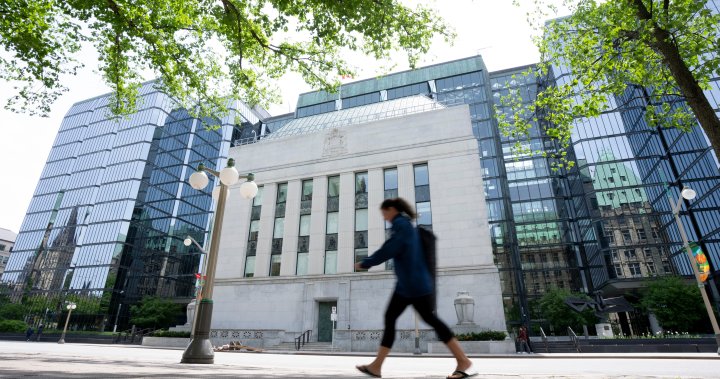
Bank of Canada faces rare political heat as inflation soars
Global News
The Bank of Canada is now being forced to play catch-up, hiking interest rates more aggressively than originally expected just as household debt levels hit new highs.
The Bank of Canada has come under a rare attack from critics after misjudging inflation and locking itself into rigid forward guidance that prevented it from reacting swiftly as prices surged and Canada’s economy began to overheat.
One of the world’s leading central banks, it is now being forced to play catch-up, hiking interest rates more aggressively than originally expected just as Canadian household debt levels hit new highs, surging far above other G7 nations.
With a possible recession looming, the bank is facing questions from politicians, economists and even the general public about the opacity of its decision-making process and renewed calls for it to release minutes, a common practice among many of its peers.
For its part, the Bank of Canada has admitted missteps and is promising more transparency, including an analysis of inflation forecast errors, due in July.
But it still faces near daily attacks by politician Pierre Poilievre, the frontrunner to lead the opposition Conservative Party, who regularly takes to social media to accuse the central bank of being both incompetent and a government puppet.
He has also pledged to fire Governor Tiff Macklem if elected, a move that would require changing the law but that nevertheless underscores the level of discontent.
“Is there always room for more transparency? Probably. That’s something that we’re reflecting on right now,” Senior Deputy Governor Carolyn Rogers told Reuters in an interview this month. “It’s something we think about a lot.”
The Bank of Canada, which is independent in setting policy, has not faced this level of political heat since the early 1990s, when then-Liberal opposition leader Jean Chretien railed against Governor John Crow over his high-interest rate policy.









